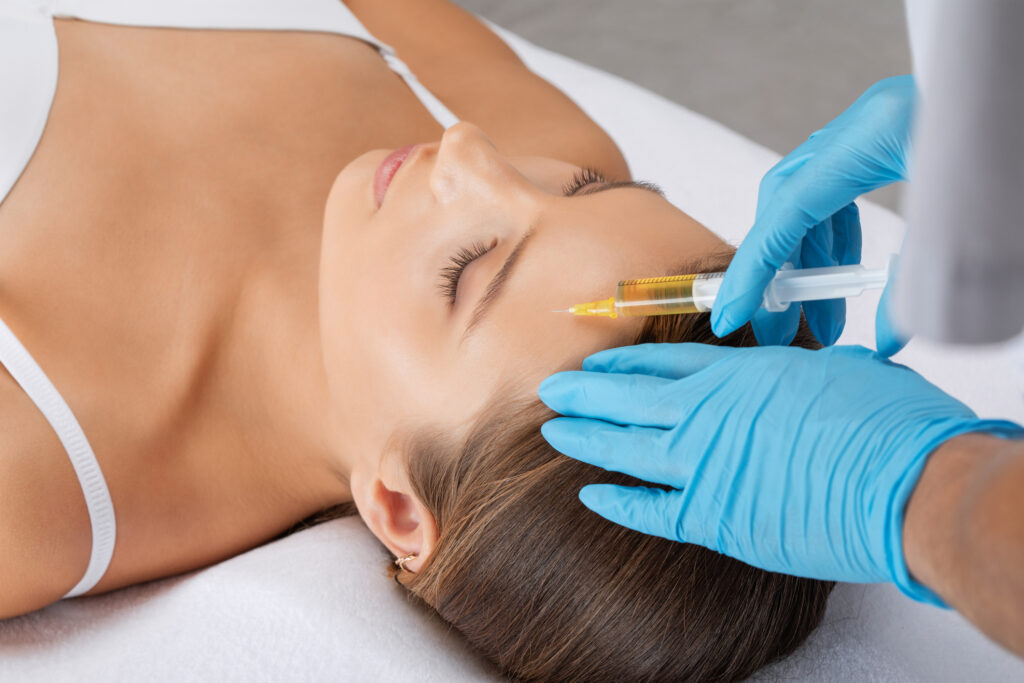In recent years, the field of cutaneous medical aesthetics has gained significant attention, driven by the growing economic landscape and the increasing prevalence of various skin disorders. Issues such as poor wound healing, aging, and pigmentation do not merely affect one’s appearance; they can also lead to serious physical and psychological challenges for individuals, along with imposing substantial financial burdens on families and society as a whole.
Current treatments often fall short of providing optimal outcomes, highlighting the urgent need for innovative and effective therapies. One promising area of research is the application of mesenchymal stem cells (MSCs) and their secretomic properties in regenerative medicine. This approach aims to promote and regulate endogenous stem cell populations, thereby replenishing cell pools to achieve tissue homeostasis and regeneration.
Recent studies have demonstrated the remarkable advantages of MSCs in various skin-related investigations, both in vivo and in vitro. These stem cells have shown great potential in improving skin conditions and enhancing overall skin aesthetics. As a result, there is a growing interest in understanding how MSCs can be effectively utilized in clinical settings, as well as the limitations that currently exist.
A review conducted by a team of researchers from the Center of Regenerative Medicine at Renmin Hospital of Wuhan University, including Junyi Li, Ye Liu, Rui Zhang, Qianyu Yang, Wei Xiong, Yan He, and Qingsong Ye, provides a comprehensive overview of the latest scientific breakthroughs in the use of MSCs for skin aesthetics. The authors delve into the mechanisms by which these cells function and the potential they hold for transforming clinical practices in dermatology.
This review not only highlights the significant advancements made in the research of MSCs but also addresses the current limitations that hinder their clinical applications. The insights provided aim to pave the way for future research directions and potential clinical transformations, offering hope for more effective treatments for those grappling with skin disorders.
As research in this field continues to evolve, the implications of MSC therapy for skin aesthetics could lead to groundbreaking changes in how we approach skin health and beauty, ultimately enhancing both the physical and psychological well-being of individuals affected by skin disorders.


